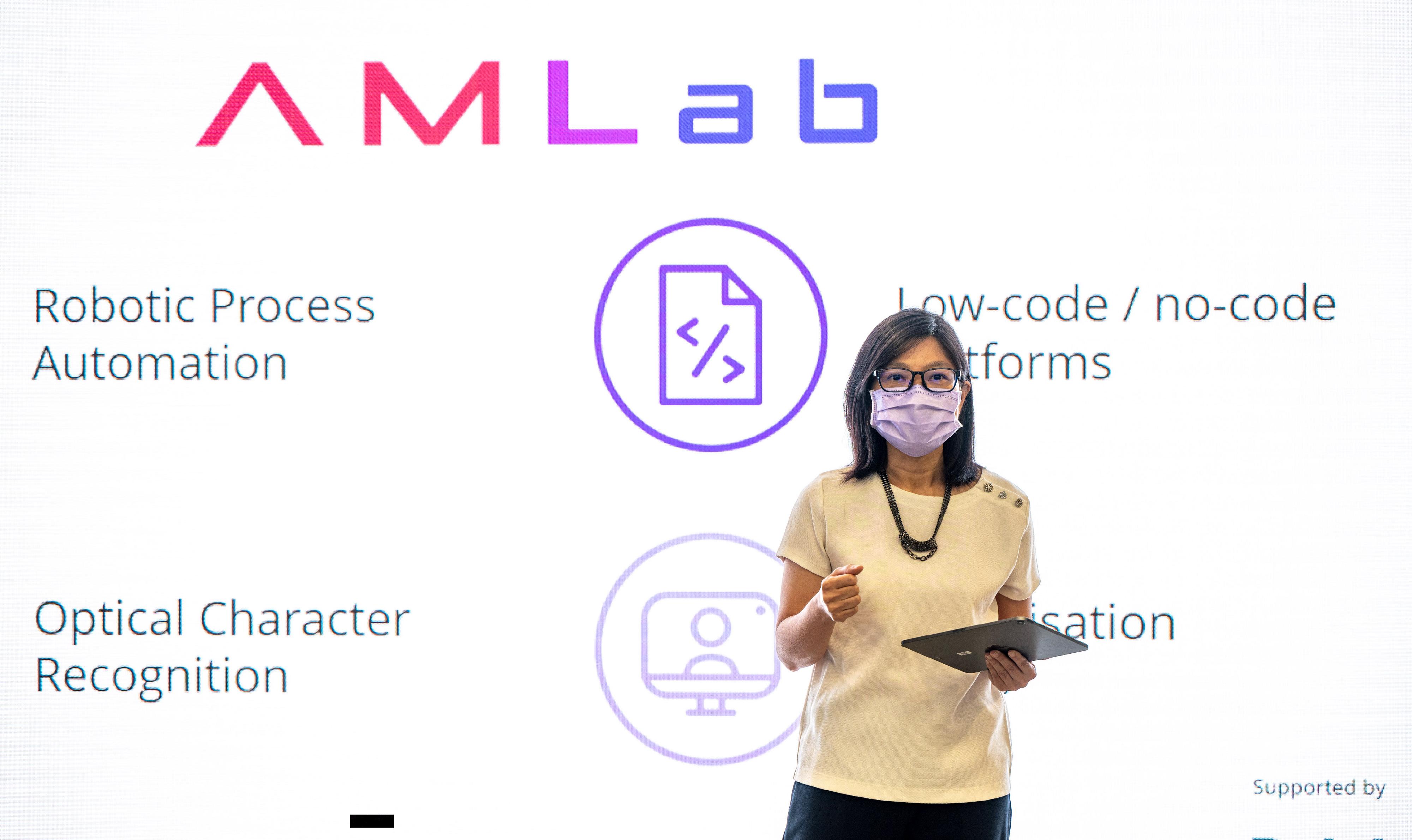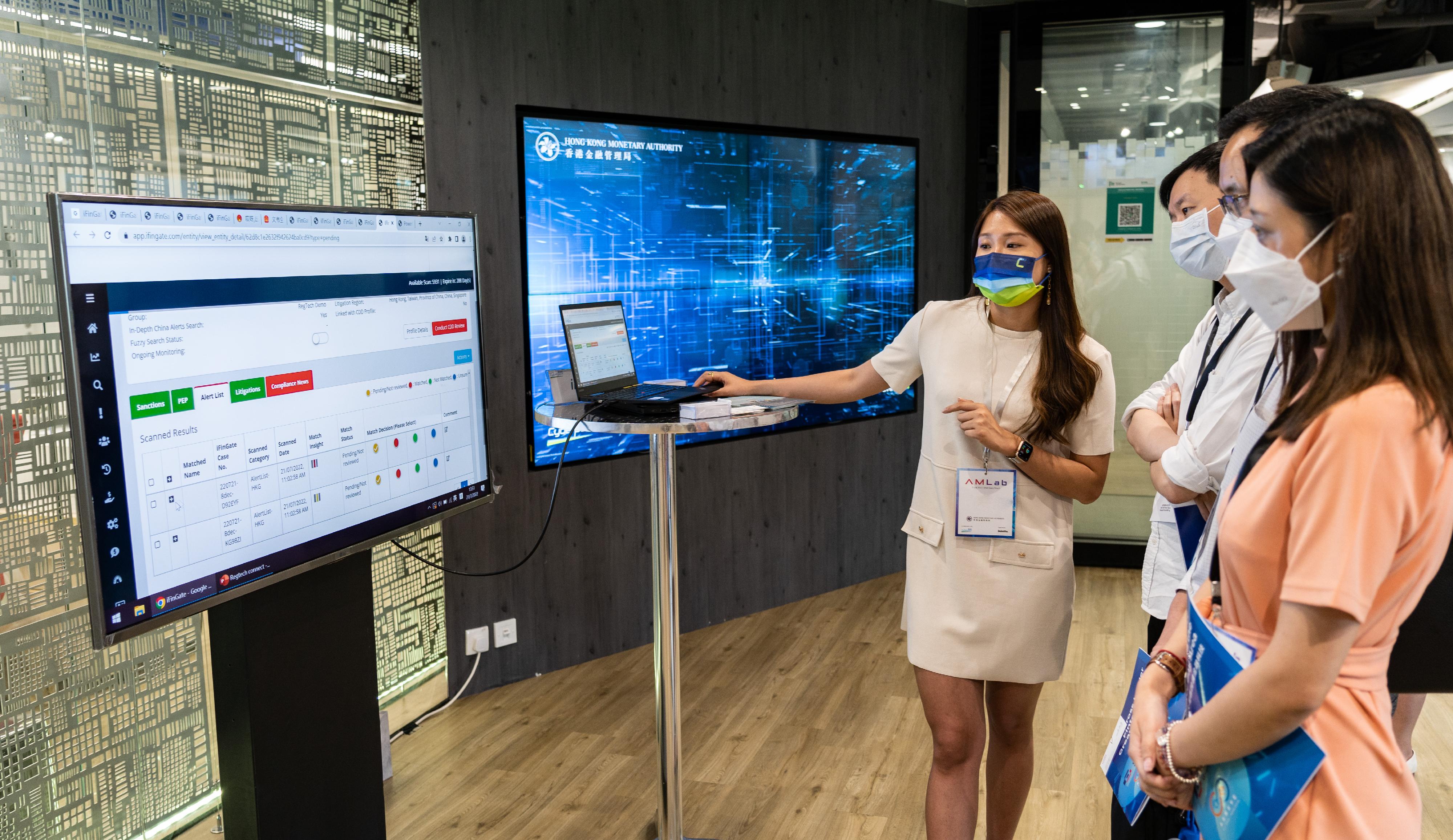Update on supplies from Mainland
The Task Force on Supplies from the Mainland led by the Transport and Logistics Bureau (TLB) has been working closely with the Guangdong Provincial Government and the Shenzhen Municipal People's Government to explore various means to stabilise the supply of goods from the Mainland to Hong Kong.
A spokesperson for the TLB said that the "Sea Express" water transportation service from the Mainland to Hong Kong has been fully launched and its capacity is rising to increase the supplies of fresh food, other daily necessities and manufacturing materials. The current supply of fresh food from the Mainland is stable.
The spokesperson said today (July 21) that Shenzhen operated 35 cargo vessel trips and transported around 2 780 twenty-foot equivalent units (TEUs) of cross-boundary supplies by water yesterday (July 20), equivalent to about 14 860 tonnes of goods, of which around 10 TEUs (about 30 tonnes) were fresh food and around 2 770 TEUs (about 14 830 tonnes) were non-fresh food, according to information from the Mainland authorities.
Since the launch of services from the three ports in Shenzhen since February 18 to yesterday, a total of around 695 520 TEUs of cross-boundary supplies have been transported, equivalent to about 3 396 800 tonnes of goods, of which around 2 140 TEUs (about 18 320 tonnes) were fresh food and around 693 380 TEUs (about 3 378 480 tonnes) were non-fresh food.
Meanwhile, to avoid a spillover of the epidemic, the Transport Department (TD) arranges for dedicated staff to conduct rapid nucleic acid tests, using nasopharyngeal swabs for specimen collection, for cross-boundary goods vehicle drivers at various land boundary control points. Only drivers with a negative result are allowed to enter the Mainland. A total of 3 824 rapid nucleic acid tests were conducted yesterday, among which five cases that tested preliminarily positive or indeterminate were found. The TD has passed the cases to the Department of Health for follow-up.
The TLB will closely monitor the situation and co-operate with the Mainland authorities to facilitate and implement various measures to ensure both smooth cross-boundary land transport and a stable goods supply to Hong Kong, while reducing the risk of epidemic transmission in both the Mainland and Hong Kong.



